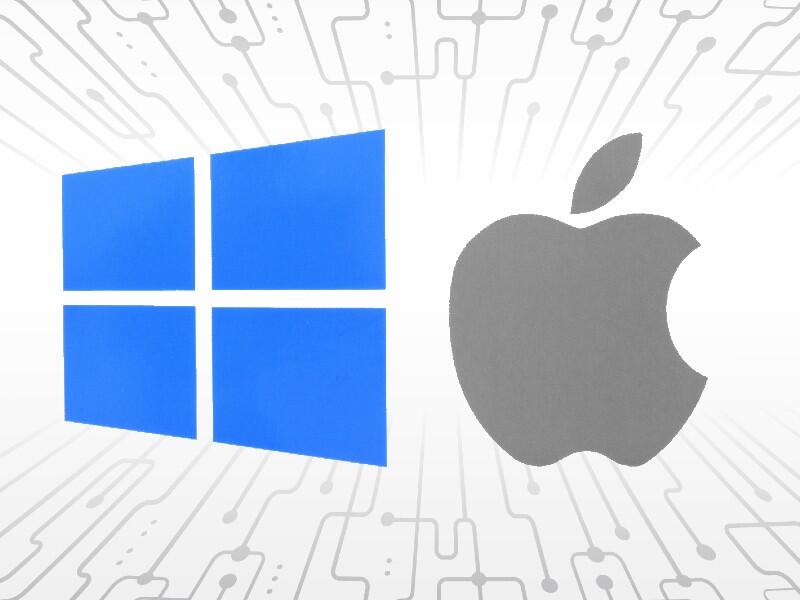Google Pixel and Privacy: A Deep Dive Into Data Protection
This article aims to inform Australian consumers, especially those looking to make an informed purchase decision on Wise Market Australia, about how Google Pixel stacks up in the realm of data security.

In today’s hyper-connected world, smartphones are not just communication tools; they have become an extension of our lives. From personal conversations to financial transactions, our smartphones handle a wealth of sensitive information. As a result, concerns around privacy and data protection are more relevant than ever. Google Pixel, one of the most popular smartphones in the Australian market, has made a name for itself with its advanced features, ease of use, and seamless integration with the Google ecosystem.
But when it comes to privacy, how does the Google Pixel fare? In this comprehensive guide, we’ll explore the data protection mechanisms built into the Google Pixel, compare it with other popular smartphones, and discuss why privacy should be one of your top priorities when selecting your next device.
Why Privacy Matters: The Growing Concern in Australia
Australians are becoming increasingly aware of the importance of privacy, especially as data breaches and cyber-attacks continue to rise globally. A 2023 survey revealed that nearly 70% of Australians are concerned about the privacy of their personal data, particularly when using smartphones. This growing concern emphasizes the need for a smartphone that prioritizes user data protection.
When you purchase a smartphone like the Google Pixel, you're not just buying a device; you're entrusting it with a significant amount of personal data. From biometric information to sensitive location data, these devices are highly personal. This makes it essential to understand how your chosen smartphone protects that information and whether it aligns with your privacy needs.
Google Pixel’s Privacy Philosophy: Built-In Privacy Protections
Google has made significant strides in improving privacy controls, particularly in the Pixel lineup. The Google Pixel is designed with robust privacy features that put users in control of their data. As an Australian consumer, it’s important to understand exactly what you’re getting when you purchase a Google Pixel.
-
Privacy Dashboard: One of the standout features of the Google Pixel is the built-in Privacy Dashboard. This tool provides an overview of how apps are accessing your data, including your location, camera, and microphone. You can see which apps have accessed your data over time and revoke any permissions that you feel are inappropriate.
-
Security Updates: Google commits to regular security updates for the Pixel series, ensuring that your device is protected against the latest threats. These updates are often faster than those provided by other manufacturers, which can delay updates for older devices.
-
Data Encryption: Google Pixel employs strong encryption technologies to protect your data both on the device and during transmission. The data is encrypted using the industry-standard AES (Advanced Encryption Standard), ensuring that even if your device is compromised, your information remains secure.
-
Titan M Security Chip: The Google Pixel comes with the Titan M security chip, which is responsible for safeguarding sensitive data, including PINs, passwords, and encryption keys. The chip is isolated from the rest of the phone’s hardware, making it resistant to hacking attempts and physical breaches.
-
Increased Control Over Location Data: Google Pixel gives users more granular control over location tracking. You can disable location services for specific apps or opt for ‘only while using the app’ settings, which prevents apps from accessing your location when you're not actively using them.
Google Pixel vs. Competitors: Privacy Showdown
While Google Pixel is known for its privacy-centric features, it’s crucial to understand how it stacks up against other smartphones in the market, especially in the Australian context. Let's compare Google Pixel with two other major players in the smartphone industry: Apple’s iPhone and Samsung’s Galaxy series.
Google Pixel vs. Apple iPhone: Privacy at the Core
Apple iPhones have long positioned themselves as a champion of privacy. The company has made a commitment to user privacy, introducing features like App Tracking Transparency and enhanced privacy labels on the App Store.
-
App Tracking Transparency: This feature allows users to control which apps can track their activity across other apps and websites, providing a higher level of control over personal information.
-
Data Encryption: Similar to Google Pixel, Apple encrypts all data on the device and uses end-to-end encryption for iMessages and FaceTime calls.
However, Apple’s closed ecosystem gives it more control over user privacy than Android devices, which often rely on third-party developers to adhere to privacy guidelines. While Google Pixel offers robust privacy features, some Android apps may not be as strictly regulated as Apple’s iOS apps.
Google Pixel vs. Samsung Galaxy: Privacy on Android
Samsung’s Galaxy series offers a range of smartphones with privacy features similar to those of the Google Pixel, but there are some differences in terms of implementation.
-
Samsung Knox: This is Samsung’s security platform, which provides a multi-layered approach to data protection. It includes real-time protection, biometric authentication, and the ability to create a secure folder for sensitive data.
-
Regular Security Updates: While Samsung provides timely security updates, the frequency and speed of these updates may not match Google Pixel, as Samsung devices sometimes have a delay in receiving the latest patches.
In terms of privacy controls, Google Pixel edges ahead due to its more frequent and consistent updates and the integration of its privacy dashboard across the system.
How Google Pixel Protects Your Personal Data
With data protection becoming increasingly vital, understanding how Google Pixel keeps your data secure is crucial for making an informed purchase decision. Let’s dive deeper into the key privacy features of the Google Pixel.
1. Personal Data Management
Google Pixel enables users to manage their data more effectively, providing transparency and control. Users have the ability to review and modify their data-sharing preferences directly from the settings, ensuring a user-centric approach to privacy.
-
Google Activity Controls: This allows you to manage what data Google collects. From location history to search history, you can disable or delete any collected data at any time.
-
Google One: For users who opt for additional cloud storage, Google One offers encryption for backed-up data and provides insights into what information is stored in the cloud.
2. On-Device Processing: A Privacy-Focused Approach
Google Pixel stands out in how it handles sensitive data, particularly in the realm of AI and machine learning. Unlike many other devices that transmit data to the cloud for processing, Google Pixel devices prioritize on-device processing.
For example, voice recognition features, such as the Google Assistant, process commands directly on the device, reducing the need for data to be sent to Google servers. This limits the amount of personal data that leaves your device, enhancing privacy.
3. Security through Biometrics
Biometric authentication, such as fingerprint scanning and facial recognition, is another layer of protection offered by the Google Pixel. These methods ensure that only authorized users can access sensitive data and information on the device. However, it’s worth noting that no biometric security measure is 100% foolproof, so it’s always advisable to combine biometrics with a secure PIN or password.
4. Advanced Location Settings
Location tracking is one of the most sensitive data types smartphones collect. Google Pixel lets you manage location settings to a finer degree than many other devices. You can disable location tracking altogether or choose to share your location only when using specific apps.
Moreover, the Google Pixel enables you to review and delete location history through Google Maps and the broader Google activity controls.
What to Look for When Choosing a Privacy-Focused Smartphone
When choosing a smartphone that prioritizes privacy, there are several key factors you should consider:
-
Operating System: Both iOS (Apple) and Android (Google Pixel) offer privacy controls, but iOS is often regarded as more privacy-centric due to its more closed ecosystem. However, Android (especially Google Pixel) offers more customization and transparency in data management.
-
Encryption: Look for devices that use end-to-end encryption for messaging and on-device encryption for data storage.
-
Regular Updates: Ensure that the smartphone brand provides regular security updates. Google Pixel stands out here, as it is known for delivering prompt updates.
-
Control Over Permissions: Ensure the smartphone allows granular control over app permissions, including access to sensitive data like location, camera, and microphone.
-
Third-Party Apps and Ecosystem: Be cautious of the apps you install. Some third-party apps may not adhere to strict privacy guidelines, potentially compromising your data.
Conclusion: Why Choose Google Pixel for Privacy?
When it comes to protecting your personal data, the Google Pixel stands out as a smartphone that takes privacy seriously. With its robust privacy dashboard, Titan M security chip, regular security updates, and strong encryption methods, the Google Pixel ensures that your personal data remains in your control. Whether you’re concerned about location tracking, app permissions, or data storage, the Google Pixel offers comprehensive features to help safeguard your privacy.
For Australian consumers looking to purchase a phone that offers superior privacy and data protection, Google Pixel presents an excellent choice, available through Wise Market Australia. With Google’s commitment to enhancing privacy with each new model, the Pixel remains a top contender in the battle for user data protection.
Before making your decision, it’s worth considering the comparison with other major devices like Apple iPhones and Samsung Galaxy phones. Ultimately, choosing a smartphone with privacy in mind isn’t just about protecting your data; it’s about investing in a brand that respects your personal space and puts your security first. By opting for Google Pixel, you are choosing a phone that empowers you to take control of your privacy in an increasingly digital world.
What's Your Reaction?
















